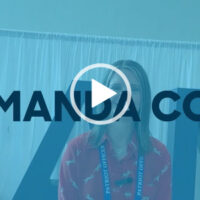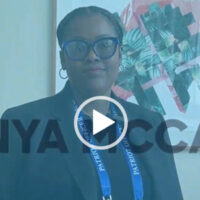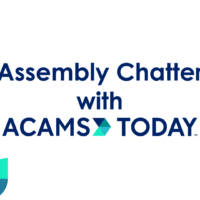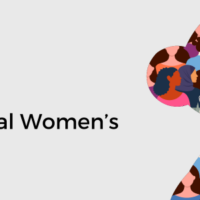
ACAMS Today interviewed Jodi Gissel, a graduate professor at Marquette University, to discuss the Justice for Fraud Victims Project and the impact students are making in the fight against financial crime.
Jodi Gissel joined Marquette University in 2010 after earning her Ph.D. from the University of Wisconsin-Madison. She earned her Bachelor of Science with a concentration in Accounting from the University of Wisconsin-Parkside and her master’s degree in accounting from Marquette University. Gissel worked at the public accounting firm Gordon J. Maier & Company, LLP, where she gained both audit and tax experience. She is a Certified Public Accountant (Wisconsin) and a Certified Fraud Examiner. Her research interests include audit quality and auditor decision-making, particularly relating to factors that influence information sharing among auditors. She has published papers in various journals including Auditing: A Journal of Practice & Theory, Current Issues in Auditing, the Managerial Auditing Journal, the Journal of Forensic Accounting, the Journal of Accounting Literature, Issues in Accounting Education, the Journal of Accounting Education, and The CPA Journal. In addition, Gissel teaches accounting theory and fraud examination at the graduate level and undergraduate intermediate accounting.
ACAMS Today: Dr. Gissel, tell us about the Justice for Fraud Victims Project at Marquette University?
Jodi Gissel: The Justice for Fraud Victims Project (JFVP) began at Marquette University in the fall of 2014, based on a program that originated at Gonzaga University. The JFVP partners the University’s Department of Accounting with local law enforcement and the district attorney’s office in order to provide fraud examination services to smaller organizations in the Milwaukee area that are in need of these services. Fraud investigations are costly. Smaller organizations often cannot afford them and law enforcement generally has limited resources available to provide the necessary in-depth investigation of financial records. The JFVP has accounting students, working under the guidance of a professional forensic examiner mentor, who complete the fraud investigation; thereby gaining valuable experience with an actual fraud examination and providing a valuable service to the community.
AT: How do students get involved and do they receive compensation, class credit or is it all pro bono?
JG: Currently, students are identified and selected by faculty after they either complete the undergraduate auditing or graduate fraud examination course. There is no requirement to participate. We hope to expand the program in the future. In addition, students are not compensated. They receive course credit for their participation.
AT: What are the most prevalent types of white-collar crimes you see and what type of victim are criminals targeting?
JG: Our students have investigated three cases to date—a car dealership, a restaurant and a not-for-profit organization. In all of three cases, the alleged perpetrators were employees of the organizations at the time of the alleged crimes.
AT: What would you say is the program’s success rate in finding the criminals?
JG: In all three cases, the alleged perpetrators have been identified. To my knowledge, all three cases are still “live” and are still open for possible prosecution (participation in the program does not guarantee prosecution).
AT: What types of partnerships has the University formed with law enforcement or other institutions through this program?
JG: Through the JFVP, the University has formed valuable partnerships with local law enforcement and the district attorney’s office. The alleged victim organizations are extremely grateful for the assistance, strengthening ties with the community as well.
AT: Are there any best practices or lesson learned you could share with ACAMS’ membership?
JG: The key commonality we’ve seen (and it is not something new) is the critical need for strong internal controls, particularly segregation of duties and management involvement and oversight. The latter being imperative in these smaller organizations where segregation of duties is often challenging.










